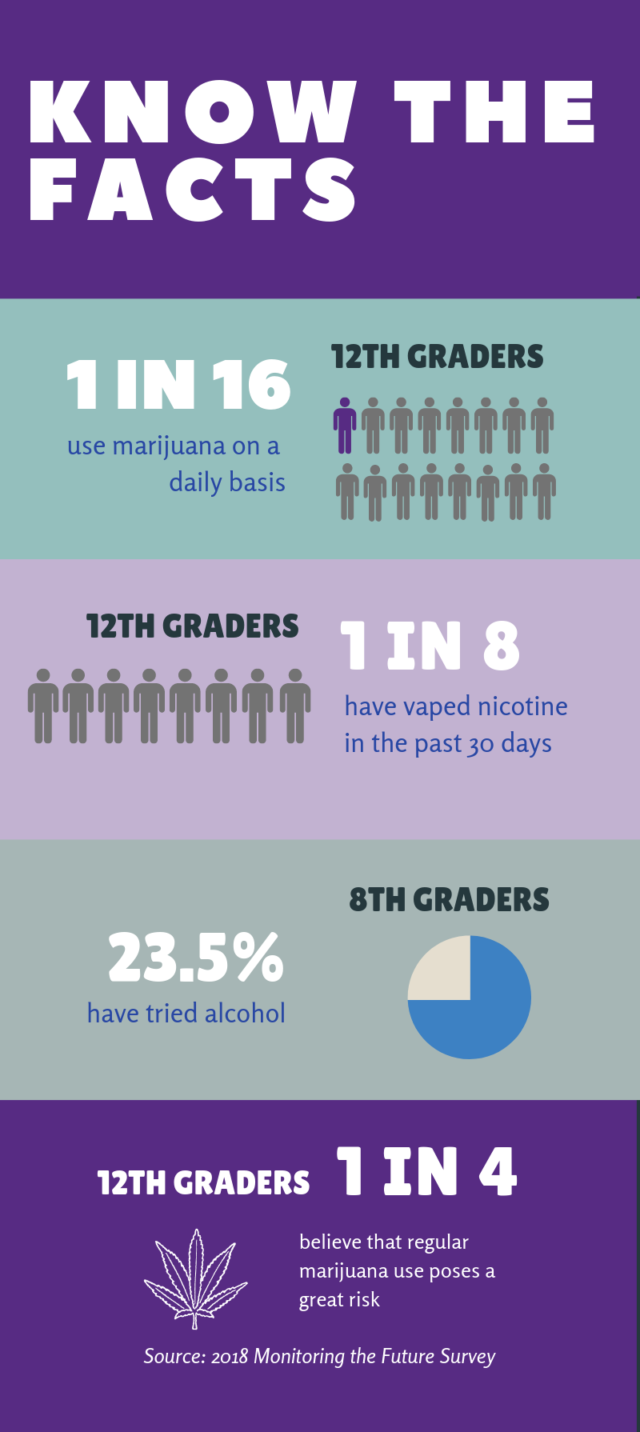Discover Just How To Create A Strong Post-Rehabilitation Care Approach And Obtain Long-Term Accomplishments
Discover Just How To Create A Strong Post-Rehabilitation Care Approach And Obtain Long-Term Accomplishments
Blog Article
Writer-Burnham Ankersen
You've completed drug rehabilitation, and currently it's time to produce a successful aftercare plan to guarantee your lasting recuperation.
Photo this: you're an individual identified to stay tidy and develop a meeting life. This write-up will certainly assist you through determining continuous support systems, including treatment and counseling, and creating healthy and balanced coping devices.
With these methods, you'll be equipped to flourish in your journey of sobriety.
Let's get started.
Identifying Ongoing Assistance Systems
You need to recognize at least three recurring support group to make sure an effective healing after drug rehab.
The first support group is your friends and family. They can provide emotional support, support, and aid you stay accountable. They can likewise provide a safe and understanding setting where you can share your battles and triumphes.
The second support system is your therapist or therapist. They can aid you work through any type of underlying issues that might have added to your dependency and offer assistance on exactly how to avoid regression. https://writeablog.net/filiberto410nidia/healing-from-the-inside-out-the-thorough-technique-of-a-rehab-facility can additionally show you coping devices and healthy and balanced means to handle anxiety.
The 3rd support system is a support group or a sober community. Being surrounded by others that are going through comparable experiences can be incredibly valuable. check this link right here now can give a feeling of belonging, understanding, and offer valuable advice and support.
Incorporating Therapy and Counseling
To accomplish an effective recuperation, it is essential for you to proactively join therapy and counseling sessions, as well as incorporate them into your ongoing support group. By doing so, you can make best use of the benefits of these treatment modalities and enhance your chances of maintaining long-lasting soberness.
Right here are some crucial reasons that incorporating therapy and therapy into your aftercare plan is important:
- ** Emotional Support: ** Therapy and counseling offer a risk-free room for you to share your thoughts, feelings, and has a hard time pertaining to your addiction. It enables you to resolve any type of unsolved issues and establish healthy and balanced coping systems.
- ** Slip back Avoidance: ** These sessions equip you with the necessary devices and strategies to prevent relapse. They aid you recognize triggers, create coping abilities, and establish a solid structure for handling yearnings and stress.
- ** Individual Development: ** Treatment and therapy facilitate individual development and self-discovery. They aid you obtain understanding into the underlying causes of your dependency, improve self-esteem, and develop much healthier partnerships.
Developing Healthy Coping Systems
Throughout treatment and therapy sessions, it's vital to actively service establishing healthy coping devices in order to efficiently take care of stress and anxiety and challenges.
You need to determine and understand your triggers, those things that create you distress or anxiety. By identifying these triggers, you can establish approaches to cope with them in a healthy means. This might entail practicing deep breathing workouts, participating in physical activity, or locating an innovative outlet to reveal your emotions.
It's important to additionally border on your own with a strong support group of friends and family who can supply motivation and assistance.
Additionally, self-care tasks such as getting adequate rest, consuming well, and exercising leisure strategies can greatly contribute to your total health.
Verdict
In the trip towards recuperation, developing an effective aftercare plan resembles tending to a fragile garden. Equally as a gardener nurtures each plant with care and interest, so too have to one grow ongoing support group, integrate therapy and therapy, and develop healthy and balanced coping mechanisms.
By doing so, the seeds of recovery will blossom into a growing yard, offering a solid foundation for a brighter, drug-free future.
